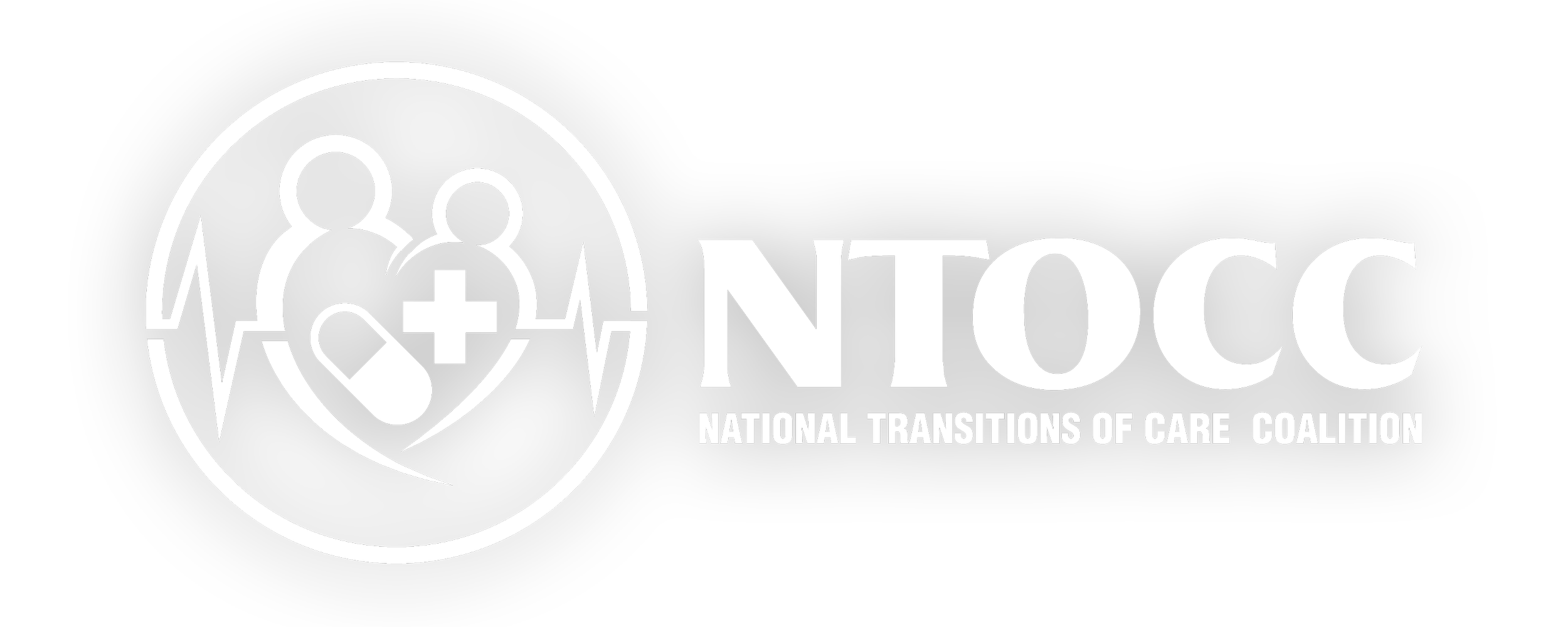Revised Care Transitions Bundle
The National Transitions of Care Coalition (NTOCC) Announces The Release of Its Revised Care Transitions Bundle; The Seven Essential Intervention Categories, for Successful Handoffs During Transitions of Care
Care Transition Bundle Now Available at NTOCC.org, TOC Triune Graphic, TOC Appendix, Care Transitions, Bundle Graphic
April 19, 2022 —Today, The National Transitions of Care Coalition (NTOCC) announced immediate availability of the 2022 NTOCC Care Transition Bundle; The Seven Essential Intervention Categories. Originally created in 2011 in order to foster more successful transitions of care across all settings. You can now download the revised 2022 care transitions bundle here.
The 2022 Care Transitions Bundle Seven Essential Intervention Categories, revisions were driven by the ever-changing healthcare industry. NTOCC has now added an optional Appendix for healthcare professionals to download, which includes terms and explanations that maybe not have been in use as widely when the original document was created, along with a new graphic to use as a guide. The new Care Transition Bundle now has a sleek look and has been designed to be more user friendly when developing and implementing your transitions of care program and process so that you can tailor it to your specific healthcare setting.
“The NTOCC Care Transition Bundle is one of NTOCC most accessed and downloadable resources. The 2022 Care Transition Bundle brings the current issues to the forefront and will highlight for practitioners, interventions to consider in meeting todays issues surrounding improved transitions and care coordination across the healthcare continuum.,” said Dr. James Lett, President of The National Transitions of Care Coalition (NTOCC).
The National Transitions of Care Coalition has become a thought leader on transitions of care and successful patient outcomes. The library of NTOCC tools and resources are free to use and providers and patients can download the tools on the website NTOCC.org
About the National Transitions of Care Coalition (NTOCC): NTOCC is a 501(c)(4) organization dedicated to addressing the serious issues and concerns related to transitions of care. NTOCC strives to meet its mission: “to raise awareness about transitions of care among healthcare professionals, government leaders, patients and caregivers to increase the quality of care, reduce medication errors and enhance clinical outcomes” with the support of its national governing board, advisors and partners’ council.
NTOCC is an independent entity and works to develop, implement and evaluate innovative, fair-balanced and high-quality learning resources for all healthcare professionals and consumers of healthcare services. Since its founding, NTOCC has created a variety of white papers and statements defining transition issues; tools to help health care professionals, patients and caregivers establish safer transitions; and resources for practitioners and policy makers to improve transitions throughout the health care system. Most of these resources are available free of charge and have been accessed extensively within the United States and globally.
Patients who are diagnosed with Eosinophilic Esophagitis (EoE) often find their care journey long and frustrating with unanswered questions about their condition. EoE is a chronic, T helper type 2 (Th2)–associated inflammatory disease characterized by marked eosinophilic inflammation of the esophagus (defined by a peak count of ≥ 15 eosinophils per high-powered field [eos/hpf] of esophageal biopsy tissue). EoE was recognized in the 1990s as a clinicopathologic disorder, which is relatively recent compared with the identification of other allergic diseases such as asthma and allergic rhinitis. To address the needs of providers and patients navigating the complexities of safely managing EoE at home, monitoring symptoms, maintaining communication between healthcare providers and patients, and navigating follow-up care coordination, PRIME and NTOCC work together to develop Collaborative Pathways for Successful Transitions of Care for Patients With Eosinophilic Esophagitis, to support care transitions for patients with EoE.
Developed by a steering committee of thought leaders from different practice and professional settings, the pathway provides strategies, resources, and tools that enable multidisciplinary transitions of care across health care settings. Providers will be able to identify and implement collaborative team-based approaches to EoE management, from diagnosis through ambulatory and acute care coordination. The pathway assists with improving care options and transitions to enhance the quality of the patient’s journey plus point-of-care resources for patient education and health management for use in daily practice.
The pathway is supported through an educational grant from Takeda Pharmaceuticals U.S.A., Inc.
